Market Sectors Using Qlicksmart Safety Devices
Qlicksmart’s range of safety-engineered products have wide reaching application across different market industries. What started out as a medical sharps safety device in operating rooms have now spread into segments that include medical, dental, veterinary, mortuary, and even craft hobbyists.
Market Sectors
Dentistry
Dermatology
Mortuary
Nursing
Operating Rooms
Paramedic
Pharmacy
Podiatry
University and Laboratory
Veterinary
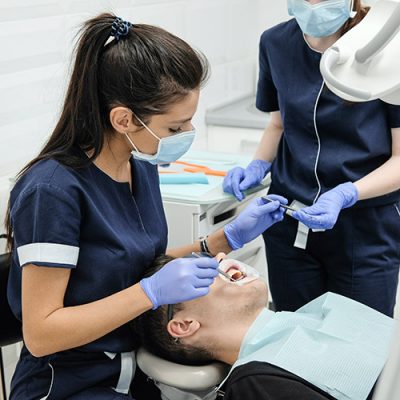
Dentistry
Dentists, hygienists, and dental nurses play a significant role in healthcare and often work with patients who have had no pre-procedural screening or testing. Removing scalpel blades without the right tool increase your chances of a sharps injury significantly.

Dermatology
Beauty industry professionals that can perform a dermaplaning treatment range from plastic surgeons, to dermatologists, to aestheticians, and of course, to beauticians. There is a risk of getting cut with the use of scalpel blades. Also, medical-grade beauty procedures use expensive serums and medicated formulas are stored in glass ampoules.
Find out more | Our researched articles
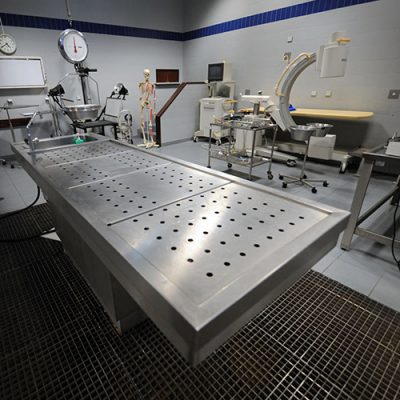
Mortuary
Mortuary work can be extremely demanding and often requires complex dissection with scalpel blades. Cases of blood-borne infections due to sharps injuries have been reported in this field, so sharps safety is particularly important.
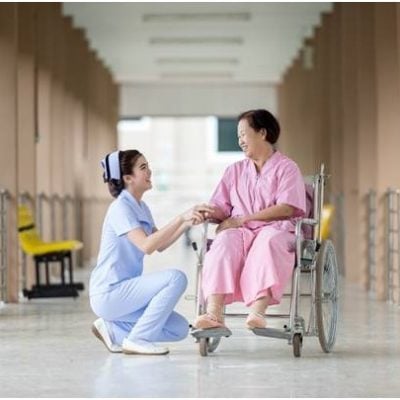
Nursing
Every single day, nurses work tirelessly to keep people safe, happy, and healthy—often in high pressure situations. Sharps injuries remain the most common and potentially most dangerous injuries that face nurses.
Find out more | Our researched articles

Operating Room
The Operating Room is an environment with unique needs to maintain optimum infection controls and keep patients safe during surgery. Scalpel blade removal using traditional methods is not safe, and has contributed to the rise of sharps injuries within the OR.
Find out more | Our researched articles
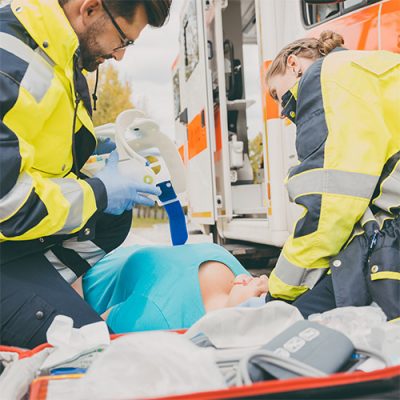
Paramedic
For paramedics and emergency responders, time is of the essence. In these situations, speed without compromising your patient’s safety is important. Medication errors and syringe swaps are more likely in stressful environments, even to highly skilled professionals.
Find out more | Our researched articles

Pharmacy
Opening glass ampoules is routine work for many pharmacists, who are important to patient care. The possibility of an ampoule injury is high, and can lead to anxiety when completing this routine task.
Find out more | Our researched articles
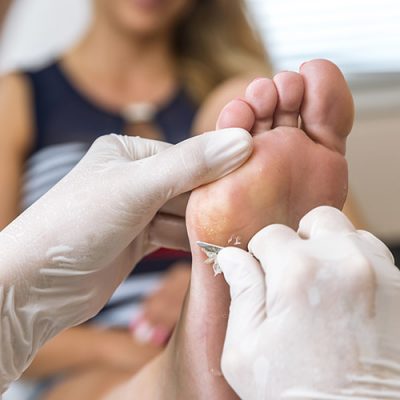
Podiatry
Podiatrists are the most frequent users of scalpel blades in the medical profession.
Removing scalpel blades without the right tool increase your chances of a sharps injury significantly.
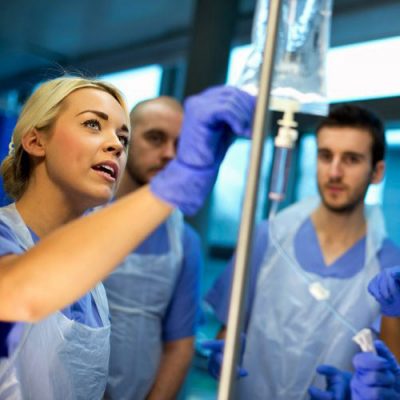
University and Laboratory
Researchers and students are at risks of sharps injuries while performing dissections, and opening glass ampoules for various studies and educational projects. Developing a culture for safety among students, especially those with limited experience, is an important responsibility of a university.
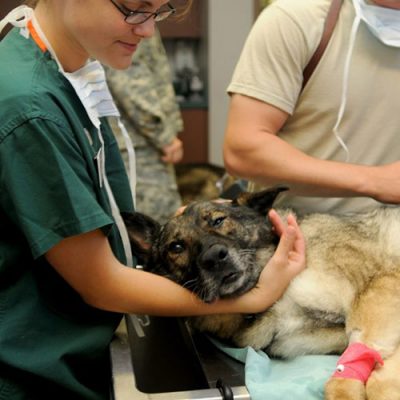
Veterinary
Veterinary surgeons and veterinary nurses are tasked with keeping our pets safe during procedures. Removing scalpel blades and opening glass ampoules without the right tool increase your chances of a sharps injury significantly, which can lead to surgery and costly rehabilitation.
Find out more | Our researched articles

